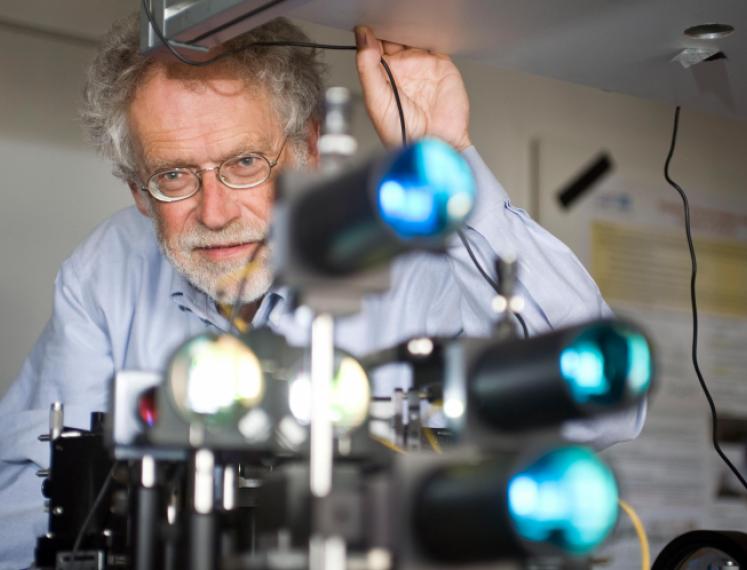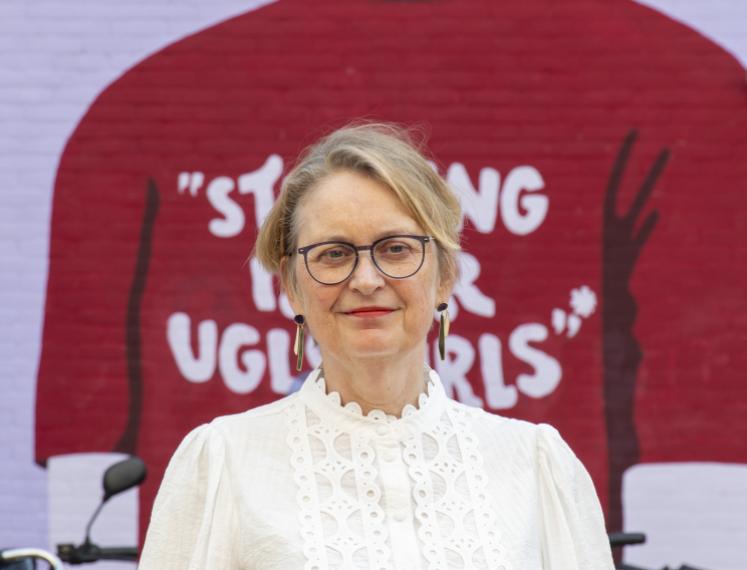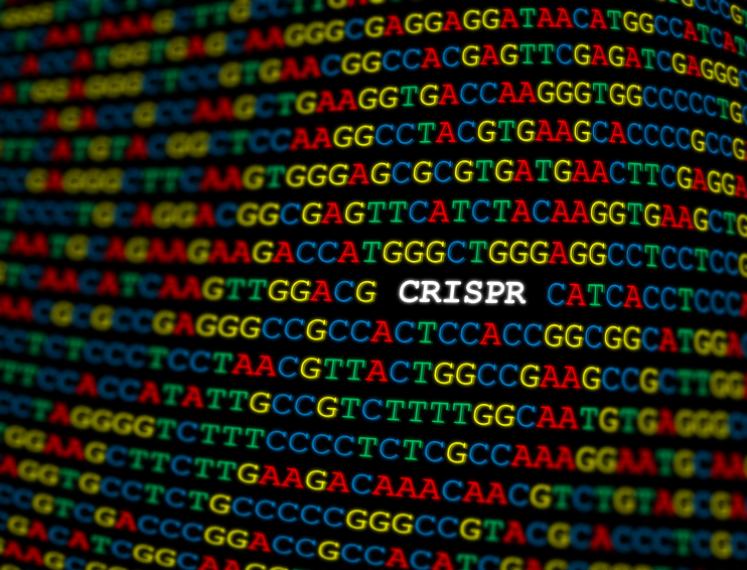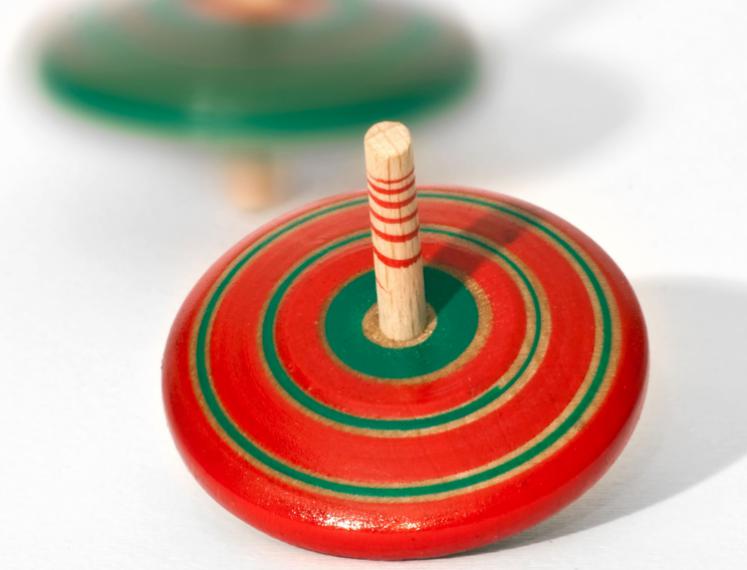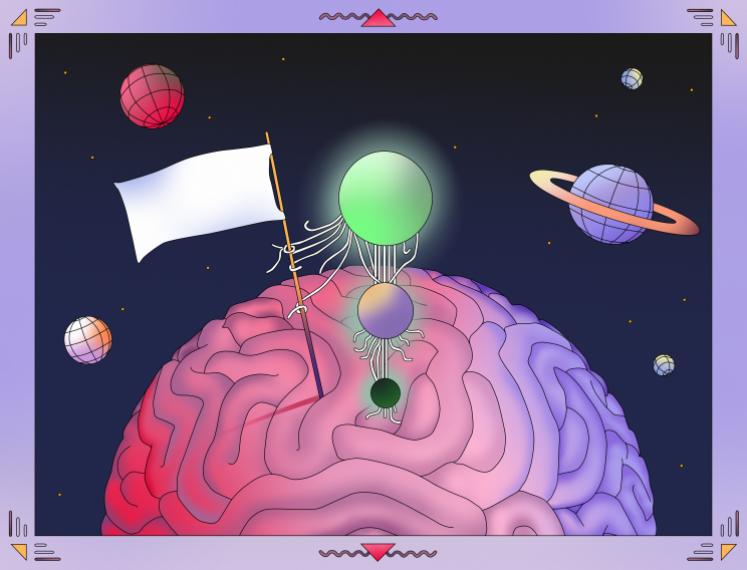Academy Building
Broerstraat 5
Groningen
Netherlands
A Voyage through Quantum Wonderland
Albert Einstein required physics to describe reality and spoke of entanglement ‐ the notion that two elementary particles far removed from each other could nonetheless influence each other’s quantum state ‐ as “spooky action at a distance”. Erwin Schrödinger called this hypothetical phenomenon of entanglement the characteristic trait of quantum mechanics. In a series of experiments conducted in various locations, from a dark sewage tunnel under the Danube River to the balmy air between a pair of mountain peaks in the Canary Islands, Anton Zeilinger and his colleagues have demonstrated the reality of quantum entanglement using photons, or light quanta, created by laser beams. For these and earlier such entanglement experiments, John Clauser, Alain Aspect and Anton Zeilinger won the Nobel Prize in Physics in 2022. These experiments also paved the way for the emerging field of quantum information science.
In this 10th edition of the J.C. Kapteyn Lecture, Anton Zeilinger will discuss entanglement experiments including recent ones using satellites or even a Cosmic Bell test involving light from distant quasars. What do they tell us about the foundation of quantum physics? Was Niels Bohr, after all, right in his assertion that Physics can only be about what can be said about reality? And what could these discoveries mean for quantum computers, quantum networks and quantum encrypted communication?
J.C. Kapteyn Lecture
The KNG, the Royal Physical Sciences Society (founded in 1801) organises the annual J.C. Kapteyn Lecture for a wide audience in cooperation with Studium Generale Groningen. The lecture is named after the renowned astronomer Jacobus C. Kapteyn (1851-1922), the first Professor of Astronomy at the University of Groningen and for many years a member of the board and chair of the scientific lectures chapter of the KNG.
Photo © Jacqueline Godany / ÖAW
